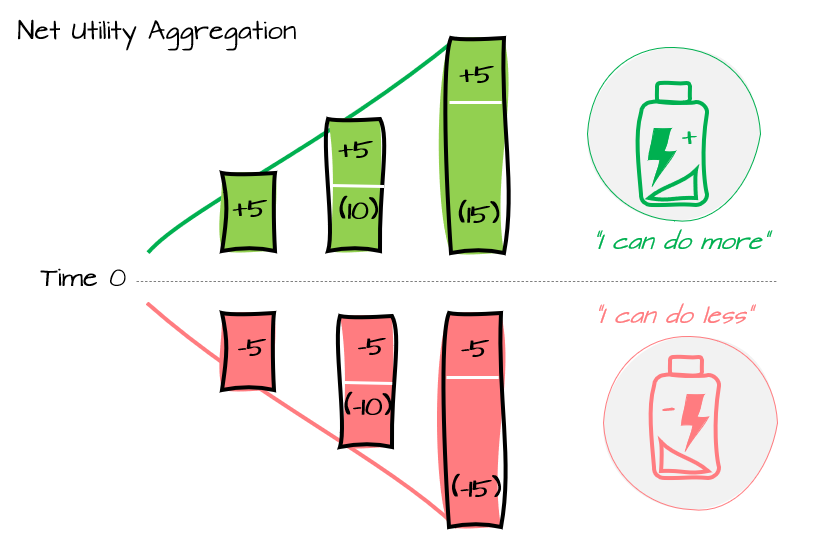Improving team performance through active accommodation
People are unique.
We know that the characteristics and experiences that make people unique can often add value to an organization through diversity.
However, in a working environment not everybody’s productivity is optimized under the same conditions.
Intuitively, we know that it is good to accommodate individuals in the workplace. However, this accommodation is still often seen as a ‘nice thing we can do’ for ethical reasons.
What is not quite as intuitive is that it is simply a good business decision that you should do.
If we were to assess the net utility of any one accommodation the benefits quite clearly outweigh the costs.
If we were to assess the impact of not making the accommodation over time, the net losses clearly outweigh the cost of making the accommodation.
So why is it that only the most forward-thinking companies champion these small acts of accommodation regularly?
From my experience there are 3 reasons active accommodations are uncommon:
People assume the need for accommodation will be obvious to them and they don’t ask.
Individuals needing accommodation are reluctant to ask and reveal how their personal life affects their work life.
There is a tendency to assume conformity to team norms is best for the collective.
The result?
A focus on the short-term misses the long-term benefits.
The solution for this simple:
Assume that everybody can benefit from an accommodation and start the dialogue. Most of the time the need for accommodation is invisible, and individuals will be hesitant to raise them proactively. It’s up to leaders to ask, and offer, in order to find opportunities to help.
2. Focus on net team benefits vs. individual costs of accommodation. Sometimes the needs of the few, do outweigh the needs of the many when a simple accommodation from a team can make a significant improvement in someone’s working life.
3. Don’t forget the long-term benefits and the impact on an individual’s capacity to be productive. Consider the compounding utility of accommodations over time and the productive capacity it offers or takes away from your team.
Five practical takeaways for leaders:
Assume that everybody can benefit from an accommodation. Identify the individuals you have the capacity to accommodate.
Start the dialogue. Uncover the individual costs faced by your team in the current working environment.
Understand the benefits you can offer your team and evaluate the net utility you can capture through accommodations. Keep in mind both the productivity losses now and the impacts over time.
Identify the individuals you can accommodate. Discuss the impact of this accommodation on their current and future productive capacity.
Remember that individuals’ circumstances can frequently change without notice. Reassess the benefits of the accommodation over time to make sure you are maximizing your team’s net utility.
Think your network can benefit from reframing how they think about accommodating their team? Share below:






















